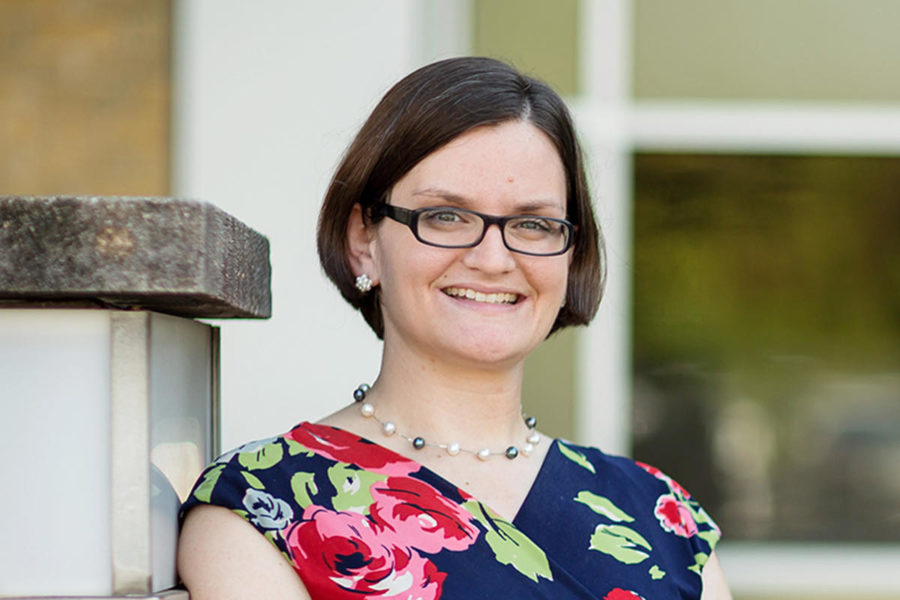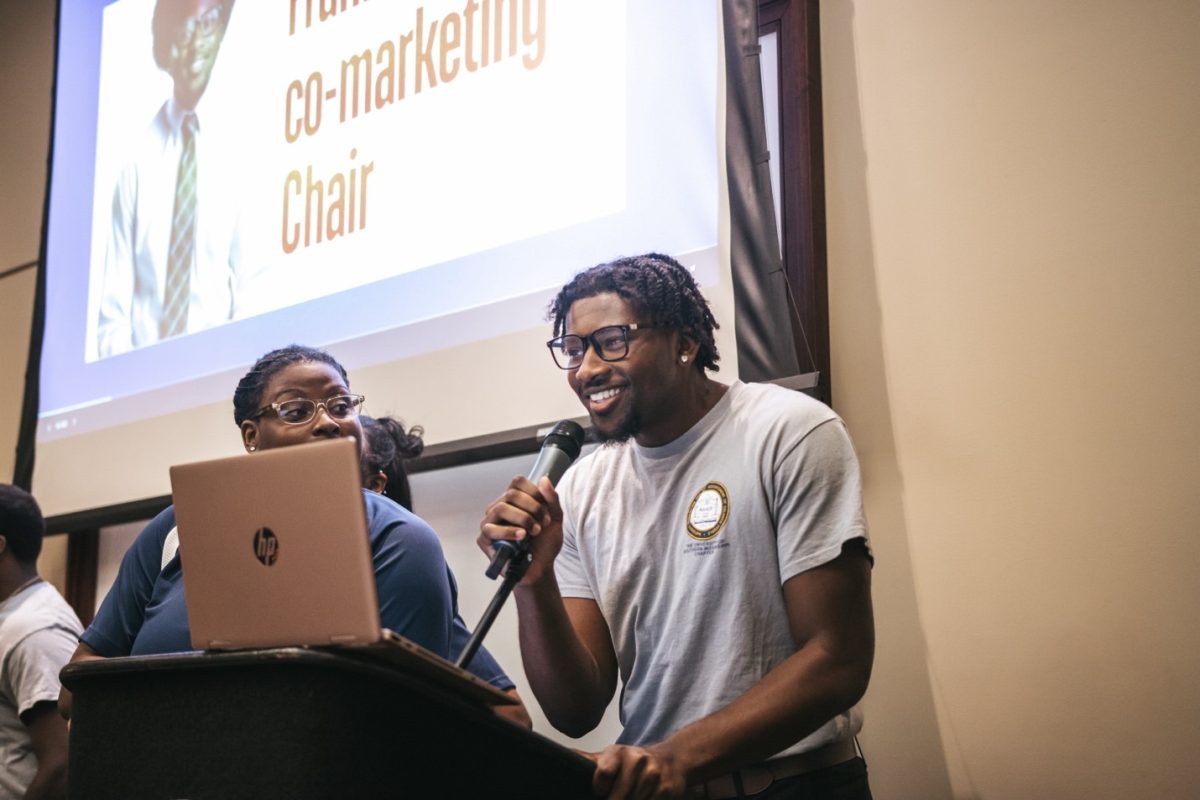For Southern Miss alumna Amelia Steadman McGowan, being a lawyer is all about helping people who want to remain in the United States. As an immigration lawyer, McGowan works tirelessly to provide legal assistance to people who are often deprived of it.
When she was a student at Southern Miss, McGowan distinguished herself as an extremely dedicated student. Today, she continues to distinguish herself with her hard work as a lawyer and her desire to help undocumented immigrants.
After a Mexican history class inspired McGowan to major in history and Spanish, she began working with the English Language Institute on campus. She was so intrigued by the stories of international students that she wrote her honors thesis on their experiences. It was then that she learned about what pushed people into coming to the United States from Latin America and how important their stories are.
Maureen Ryan, Ph.D., serves as special assistant to the provost at the Southern Miss, and served as dean of the Honors College when McGowan was an undergraduate student.
“Even then, she did more than just be a good student,” Ryan said. “She was active in Honors College. She pitched in. She was engaged in what we were doing in her education.”
Ryan remembers McGowan spending time on a bench outside of McCain Library as an undergraduate student, often speaking with international students and learning about their stories.
Professor of Spanish and American Indian studies Jeanne Gillespie laughed as she reminisced about her time teaching McGowan at Southern Miss.
“She’s super curious, never takes anything at face value. She always investigates—no stone unturned. She must be an incredible lawyer,” Gillespie said. “She understands the regions and the context as well as the people and why they’re coming here, why they think it’s going to be better for them here.”
Gillespie went on to give context to McGowan’s immigration work. Immigration services in Mississippi are small, which is in part why McGowan decided to dedicate herself to working for immigrants. She has faced great adversity in finding volunteers to aid those in need of attorneys.
“Even some of the bad things that a lot of the people have suffered, they’ve made the decision that immigrating is better than home,” Gillespie said. “We need to have a big picture when working with people coming here in crisis.”
Earlier in the Fall 2019 semester, McGowan kicked off Southern Miss’ pre-law week with her talk “Raids and the Rule of Law: Immigration in Mississippi.” Students and faculty members from all walks of collegiate life attended her speech, hanging onto her heartbreaking stories and lessons learned from working as an immigration lawyer in Mississippi.
“Our service is not only to the profession but to communities with whom we work,” McGowan said during her speech.
McGowan described circumstances she has witnessed working as an immigration lawyer.
“I see prolonged issues that crop up in these detention centers. So, a Cuban client of mine has Type 1 diabetes he’s had since he was a kid. He would go days where he wasn’t getting any insulin, and he would just blackout,” McGowan said. “So, part of the advocacy was not even for his own case but just so he could survive in the U.S. detention center.”
In addition to working as a senior attorney at the Mississippi Center for Justice, McGowan is a professor for the Mississippi College School of Law. Last August, she began working for the Mississippi Center of Justice for the purpose of starting an immigration program. She also works through Mississippi College to organize pro bono immigration work.
“It’s very messy,” McGowan said. “Lots of people in detention are shifted around a lot, so it can be very difficult to get people an attorney or get them in touch with their families.”
After seeing people, even children, defend themselves without an attorney in their non-native language, McGowan has only become more determined to benefit as many people as she can through her legal work.
“It’s part of being a lawyer, understanding that it’s much more than a job,” McGowan said.

























